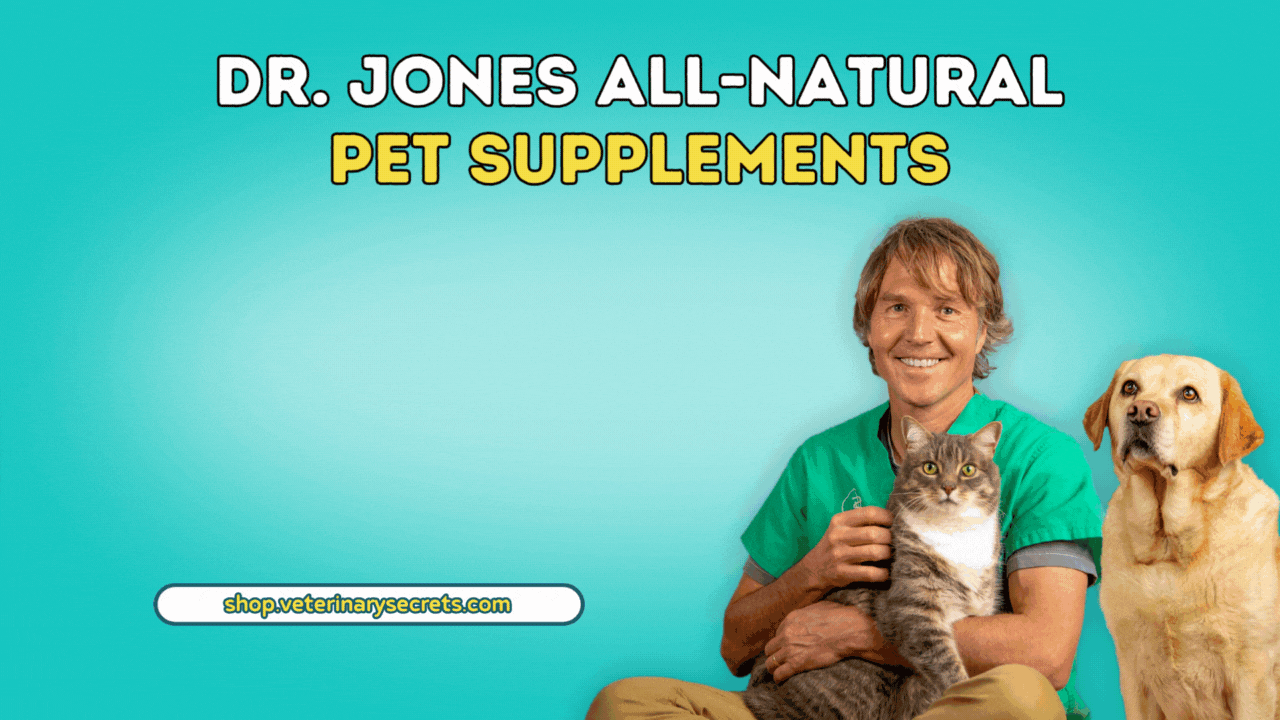Can dog kibble really cause cancer? There may be more truth to this than you think…
Hello and welcome back to my channel! If you’re new here, welcome. Click up there to subscribe, and hit the bell to sign up for notifications. Then, if you click the link directly in the box below, I can send you a copy of my free book.
Understanding the Dangers of Ultra-Processed Pet Foods
Many of you might be feeding your pets what you believe to be ‘good quality’ packed kibble, but it’s important to discuss the risks associated with ultra-processed pet foods. Several human studies show a marked association between the consumption of ultra-processed foods and the occurrence of serious diseases, such as cancer. One such study involving 22,000 people found that those who consumed the highest portion of ultra-processed foods had a 20% chance of dying early and a 32% increased chance of developing cardiovascular disease.
Unfortunately, there have been very few studies on ultra-processed pet food and its link to diseases in dogs and cats. However, one study noted that dogs consuming dry dog food had markedly increased levels of a specific biomarker called glycate, which is directly correlated with systemic inflammation—an indicator also elevated in humans consuming processed foods.
The Impact of Diet on Pet Health
Systemic inflammation in pets, similar to humans, significantly increases the risk of developing serious diseases, including cancer. Current estimates suggest that up to 25-30% of all dogs will die from cancer. A significant factor influencing this is diet.
Processed vs. Ultra-Processed Pet Food
Here’s a basic guideline to help you understand the difference:
- Processed: If the pet food is made from whole ingredients like beef, chicken, sweet potatoes, and is either cooked or baked at lower temperatures, it’s considered ‘processed’.
- Ultra-Processed: If the food is extruded, which involves high heat and pressure to form uniform shapes and colors, it’s classified as ‘ultra-processed’. This type of food often contains ingredients like corn gluten meal, meat and bone meal, and artificial preservatives like BHA—all considered ultra-processed.
Making Healthier Choices for Your Pets
While I understand the convenience of premium dog kibble, it’s essential to know whether it’s processed or ultra-processed. For instance, the food I feed Tula might appear premium, but if it includes ‘meal’ or ‘by-product’, it’s ultra-processed. Ideally, preparing home-cooked meals with real animal protein and vegetables would be best. However, I also recognize that not everyone has the time or resources to do this consistently.

What to Look for in Commercial Pet Foods
When choosing commercial pet foods:
- Check the Ingredients: Look for whole ingredients like whole beef, chicken, sweet potatoes, and brown rice.
- Production Method: Determine whether the kibble is baked at a lower temperature or extruded. Baked foods are merely processed, not ultra-processed, making them a healthier choice.
Remember, even if a kibble checks the box as not being 100% ultra-processed, some ingredients might still be. Making informed choices and opting for minimally processed foods can significantly benefit your pet’s health.
Thank you so much for watching this edition on ultra-processed pet food. Don’t forget to subscribe and hit the bell for notifications. And if you click the link below, I can send you a copy of my free book.


Love your site???Thank you so very much. Very helpful sir ??